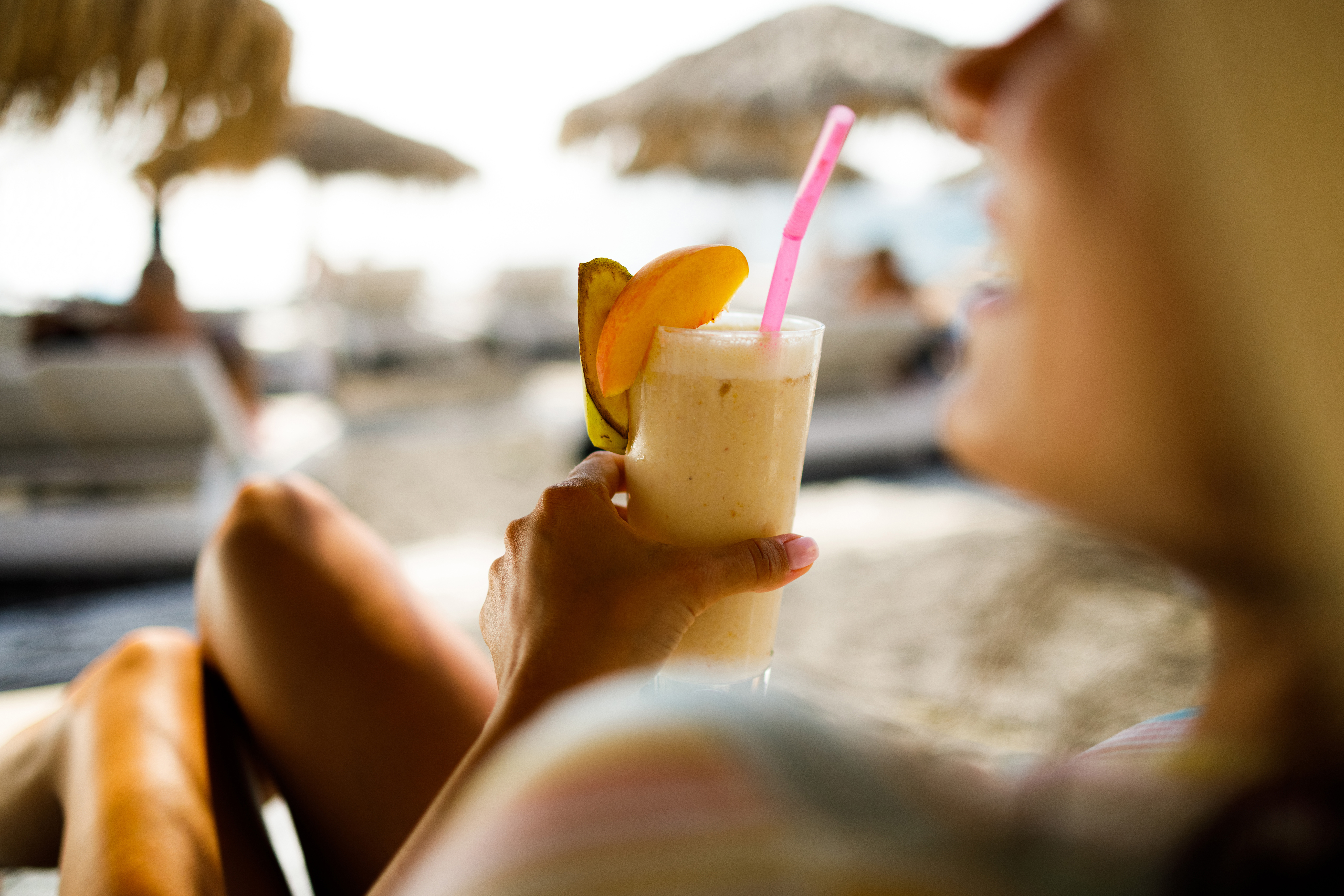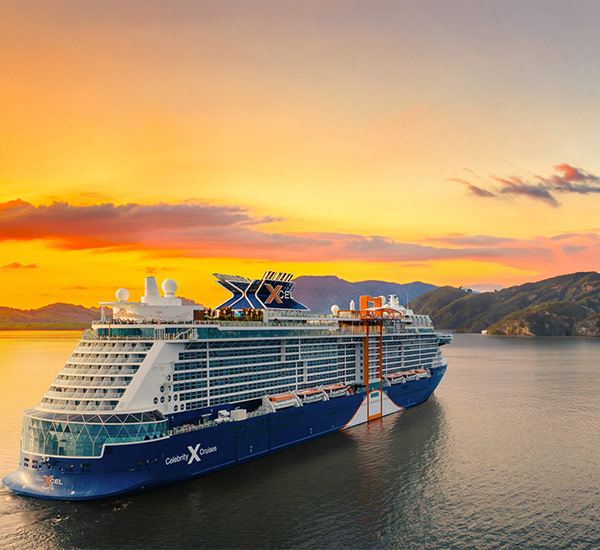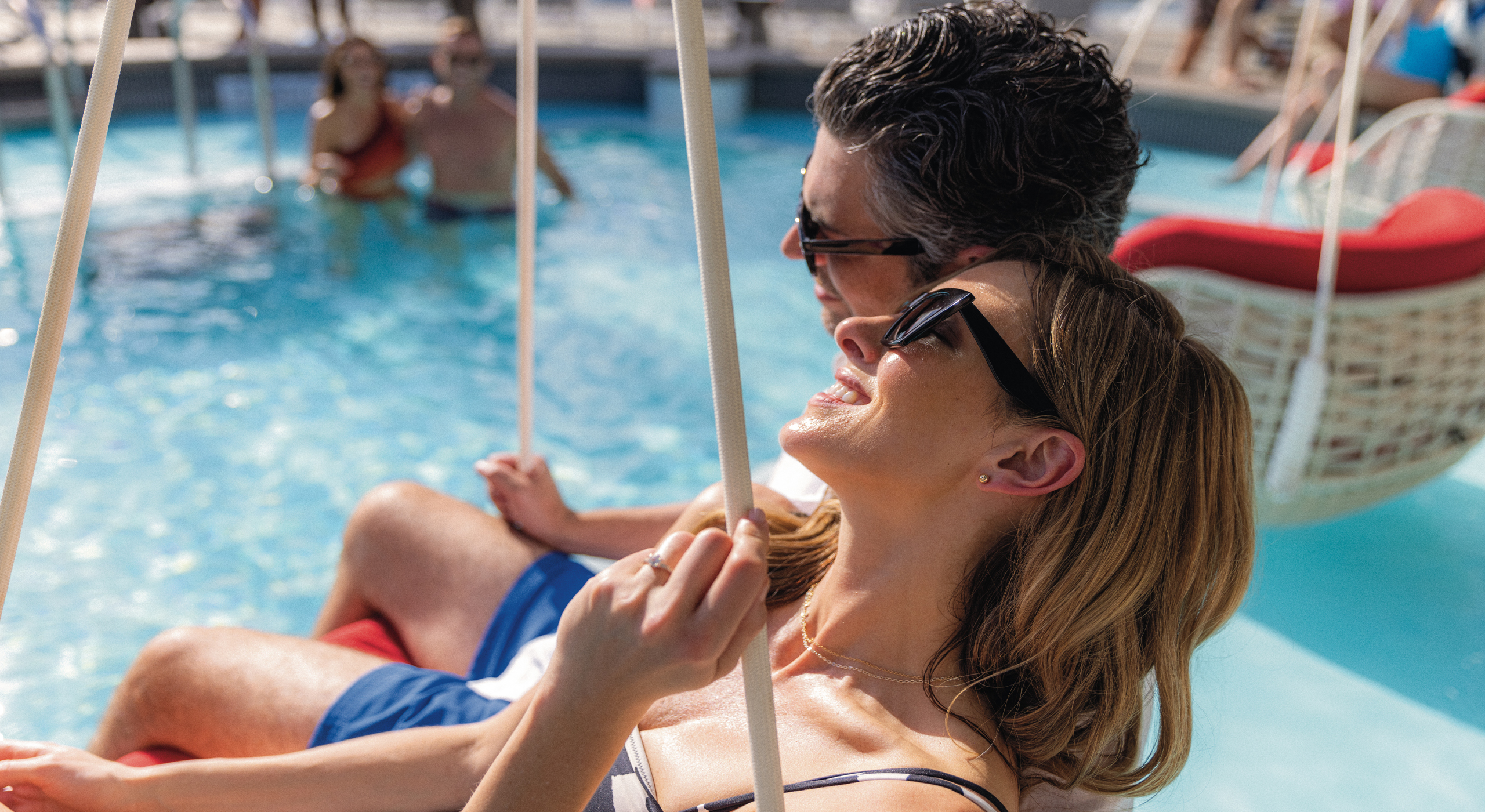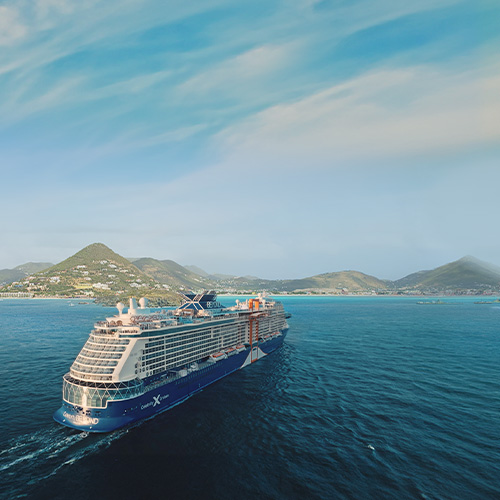Already booked? Sign in or create an account
- Need help? 1-888-751-7804 1-888-751-7804
- Let Us Call You CALL ME
-
Explore Destinations
-
Our Ships
-
Ships
- 360° Virtual Tours
- Celebrity Apex
- Celebrity Ascent NEW
- Celebrity Beyond
- Celebrity Constellation
- Celebrity Edge
- Celebrity Eclipse
- Celebrity Equinox
- Celebrity Infinity
- Celebrity Millennium
- Celebrity Reflection
- Celebrity Silhouette
- Celebrity Solstice
- Celebrity Summit
- Celebrity Xcel COMING SOON
- Explore Edge Series
Galapagos Expedition Series
-
The Retreat – Suites
- Accommodations
- Things To Do
-
Ships
-
Discover Cruising
-
Offers



